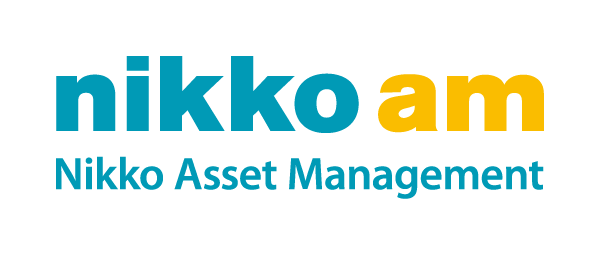To learn more about Japan’s evolving market,
you can read Nikko Asset Management’s new investment guide here.
Japan has a rich culture and deep history, its products, practices and customs are well-known around the globe. But when it comes to investment, Japan’s picture is a little more distorted. It’s a market people love or hate, and investors are cautious when it comes to putting money there.
Nikko AM Japan Equity investment director, Junichi Takayama said: ‘Compared to the 1980s, Japan’s market environment has changed dramatically. Investors were scarred by the period known as “The Lost Decade”. The economic bubble bursting in the late 1980s to early 1990s resulted in recession and years of slow growth. Though in the 80s, most of the Japanese companies were dominating globally and its stock market reached unimaginable heights.’
For investors, it has been a long and difficult journey. Over the last few years the Japanese economy has faced challenges. Like many other countries around the world, Japan has also been on a rollercoaster ride for more than a year. An increase in Covid-19 cases in August 2021 made Japan extend its state of emergency and tighten restrictions, including a ban on travel. This threw Japan’s economic recovery off its track.
Japan’s economy bounced back towards the end of last year. Falling infection rates and large-scale vaccination efforts meant parts of Japan could reopen. This led to consumer spending, and strong foreign demand.
‘A more transparent, competitive and dynamic environment is helping to build better businesses that are dedicated to maximising shareholder value’
While inflation has been more striking in other parts of the world, it has been more muted in Japan. This year, inflation in Japan is likely to hit 2% and 10-year Japanese Government Bond yields have risen to 0.2% for the first time since 2016, when the Bank of Japan first experienced negative interest rates. Most Japanese companies have managed to absorb the higher costs themselves and avoided passing them on to consumers.
Japanese markets also face other external pressures, including the Russia-Ukraine war. The war shows no sign of ending, which has caused oil and other commodity prices to surge. Resources are scarce in Japan and the country is reliant on importing its energy. Despite this, a lot of Japanese companies have reported high profits and recovery in overseas economies, which could boost this further.
‘Over the period, the Japanese market is expected to offer investment opportunities. And a more transparent, competitive and dynamic environment is helping to build better businesses that are dedicated to maximising shareholder value’, noted Takayama.
Uncovering the opportunities in Japan
Investors are cautious when it comes to investing in Japan and are missing out on opportunities purely based on myths and misconceptions. Some investors see the Japanese economy as an area of little growth. Most of the companies have conservative mindsets, creating large cash piles rather than paying out to shareholders or re-investing into the company.
Things have started to change. Having a diverse background and cultures within the business is considered important for long-term sustainable growth. The conservative mindsets of Japanese companies have also started to change, thanks to the pandemic.
Japan has an abundance of innovative and exciting companies focused on automation, artificial intelligence (AI) and other critical electronic components. The Japanese government is backing the influence technology will have on the economy. The healthcare sector is also thriving, with companies looking to digitally simplify healthcare services. AI robotic laser technologies are being used to sterilise and sanitise hospitals more efficiently.
The growing ESG investment opportunity
Another area in Japan that holds promise is within environmental, social and governance (ESG) factors. ESG initiatives are becoming more important for companies and investors and many Japanese companies are shifting towards ESG, with enhancements in ESG disclosures shedding light on their value creation opportunities amid the current drive towards decarbonisation. This could mean companies are being viewed more positively in the market, encouraging potential interest from foreign investors.
In terms of Japan’s environmental aims, former prime minister Suga set impressive targets to reduce emissions. Almost ¥2tn has been invested into a Green Innovation Fund to support companies involved in green innovation over the next 10 years. Prime minister Kishida wants to continue this focus on clean energy by upgrading the nation’s power grid and expanding the use of energy storage technology.
The turnaround in value has a long runway
Japan has the highest proportion of cyclical stocks compared to the US and the EU. ‘As global economies recover from pandemic-caused downturns, we expect foreign investors to reconsider their stance on Japan and start increasing their allocations. From a portfolio construction perspective, Japan equities offer attractive diversification benefits due to its relatively low correlation to other equity markets,’ Takayama said.
The Japanese equity market is in a much healthier state compared to 30 years ago and enjoys a more competitive environment that increases the potential of value catalysts. Moreover, the rebound in long-overlooked value stocks has also just begun, with the cycle at the early stages of its value-supportive phase.
‘A combination of active engagement alongside deep horizontal and vertical research can help to mitigate risks, avoid value traps and unlock hidden value that others miss’, added Takayama.
To learn more about Japan’s evolving market,
you can read Nikko Asset Management’s new investment guide here.



